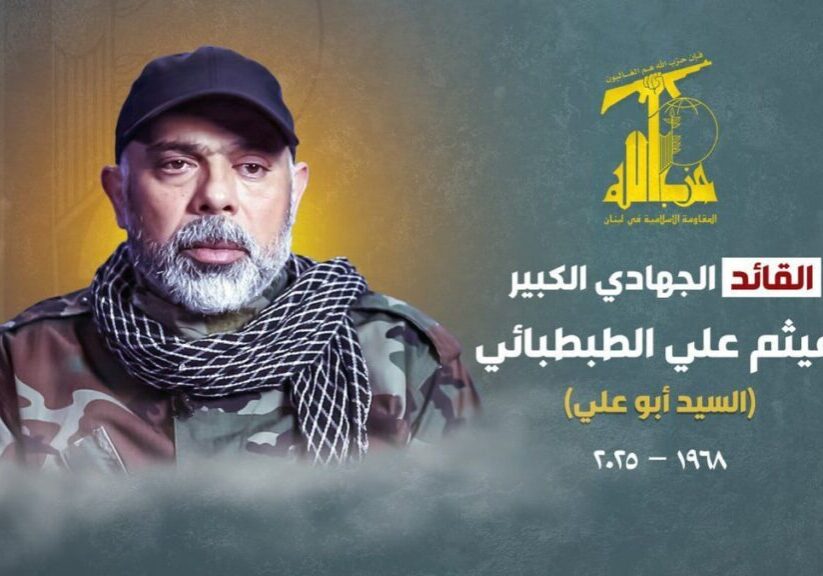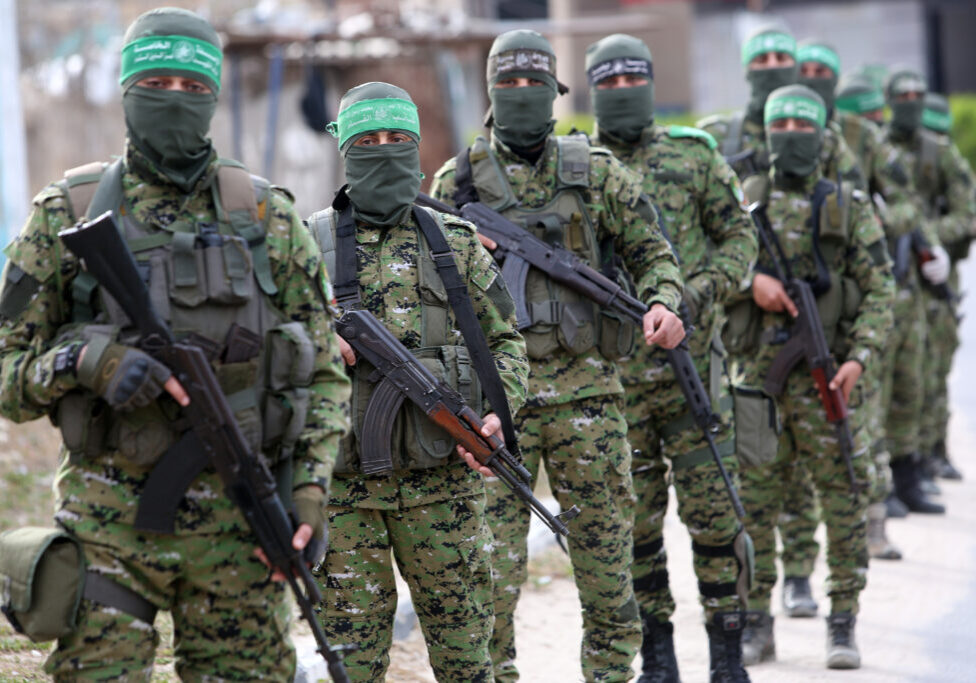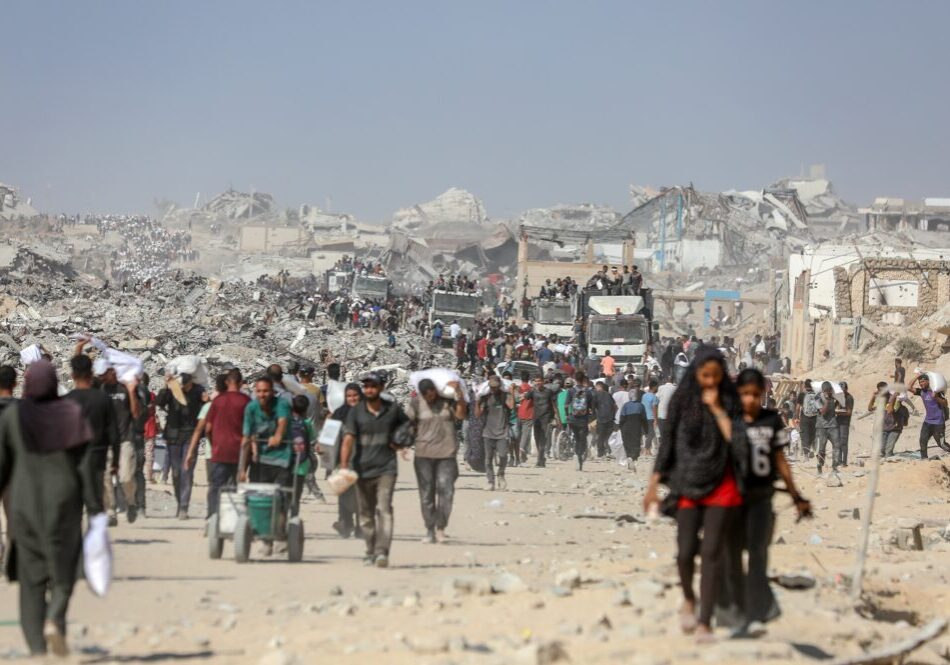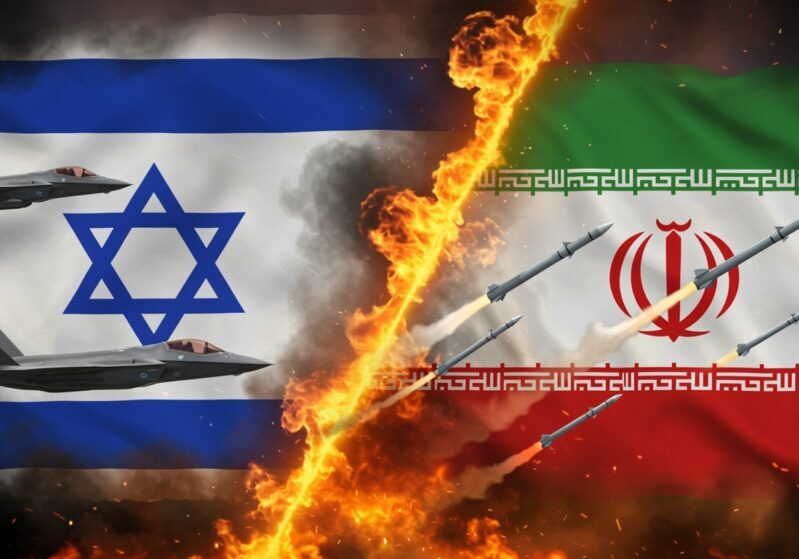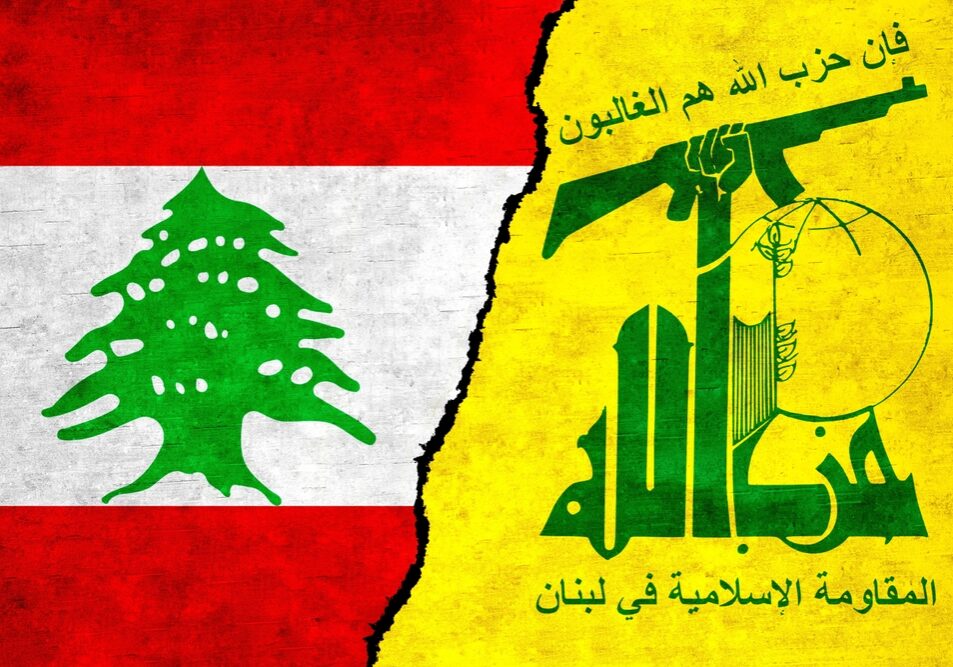Australia/Israel Review
Lebanon: Beyond hope?
Aug 26, 2021 | Alberto M. Fernandez
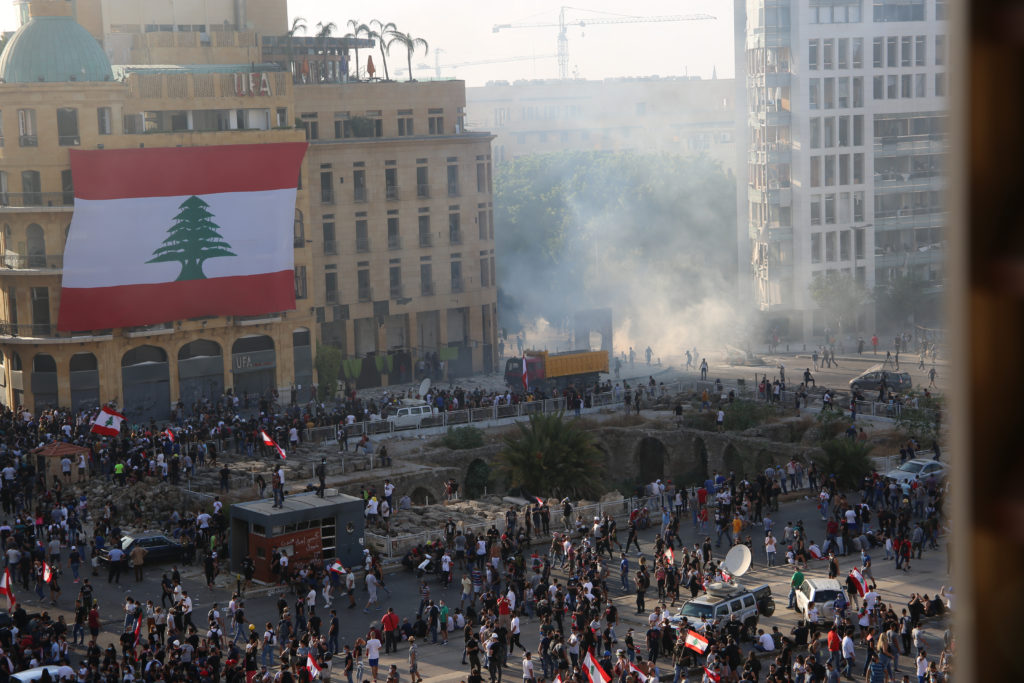
How long do you keep investing in failure? How much effort does one put into reviving a corpse? The late Sudanese rebel leader John Garang used to say that the regime in Sudan was “too deformed to be reformed.”
In a region full of rotten, dysfunctional regimes, tiny Lebanon has become a cautionary tale of world-class implosion and corruption. The World Bank described it as “likely to rank in the top 10, possibly top 3, most severe crisis episodes globally since the mid-nineteenth century.”
And this situation has been unravelling before our eyes for almost two years, unbearably for the Lebanese, suffering from so much cruelty and privation.
And while the international community – really France and the United States – has tried to cajole the Lebanese ruling elite, the same people that caused this crisis in the first place, into taking urgent steps to allow the West to help, that elite is resistant. They have other priorities, such as remaining in power, dividing up the dwindling spoils and manoeuvring for future positions.
With its distinctive history and mix of sects, Lebanon is, of course, unique. The disaster is also unique. Many states have had imploded economies, corruption and rotten elites, but in Lebanon, these are all happening with the context of the country being ruled indirectly by an Iranian terrorist group through that rotten elite and its institutions.
Hezbollah is technically a Lebanese organisation, its members are Lebanese citizens, but in any real sense, it functions as an extension of Iran’s Islamic Revolutionary Guard Corps (IRGC). It is an occupation force whose occupiers are local citizens, akin to the old days when imperial powers would raise local subaltern forces to police their colonies for them.
Despite the seemingly insurmountable odds against systemic change in Lebanon, there are dreamers who articulate a different path. Civil society and good governance groups associated with the 2019 thawra (“uprising” or “revolution”), battered and weakened, still survive.
Lebanon’s Maronite Catholic Patriarch has pushed the idea that Lebanon should be neutral and disentangle itself from regional conflicts (war with Israel is the reason for Hezbollah existing as an armed force, of course).
Some of these dreamers have gone even further, questioning the nature of the state itself and calling for a federal Lebanon divided into four geographical “cantons” built around the country’s four main religious sects – Sunni, Shi’ite, Christian and Druze.
The concept that writer Iyad Boustany has described – embodying qualities such as “subsidiarity, self-rule and localism” – is particularly attractive, not just for Lebanon but elsewhere.
Boustany sees a federal system as the last, best hope for Lebanon’s embattled and dwindling Christian population. He recently wrote that without radical change, “Lebanon’s Christians will soon be no more…Not in a highly publicised massacre, not in a heroic last stand… Slowly drained [and] exhausted by time and demography and wrapped in the shame of a corrupt system, like watching a train wreck in slow motion, our civilisation will soon exit history.”
A federated Lebanon seems to be one of those reformist, hypothetical ideas that will never get very far because those in power – particularly Hezbollah, but also its enablers, including Lebanese Christian ones – will never willingly give up any bit of the power, current or potential, that they hold. Where such an idea moves from the fantastical to the merely improbable is if Lebanon’s decline continues with what remains of a rickety state collapsing and armed men putting up barricades to protect their districts and neighbourhoods from looters.
Lebanon’s predicament is relatively unique, although Iran is working to repeat the Hezbollah model elsewhere, chiefly in Iraq, where it attempts to rule indirectly through corrupt parties and empowered and embedded local death squads.
Lebanon seems more broken than ever and with even less chance for a realistic positive outcome a year after the Beirut Port explosion.
At this desolate point, one can only hope that one day the Lebanese dreamers – federalists, proponents of neutrality, those students winning university elections against the ruling parties, brave journalists – have a realistic chance of coming up with something better, more human and dignified.
And that in its clumsiness and lack of vision, a superficial and extremely distracted West does not just empower the latest glib and facile iteration of the entrenched status quo in Lebanon.


